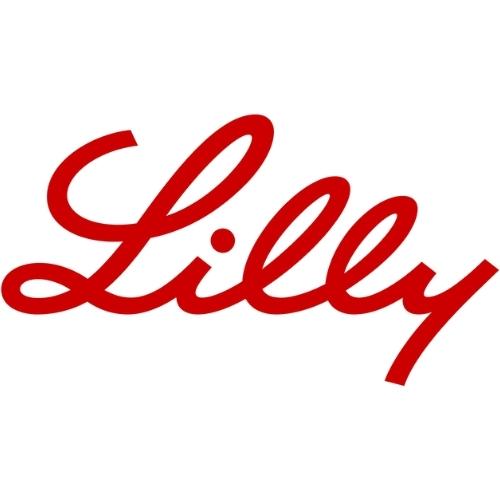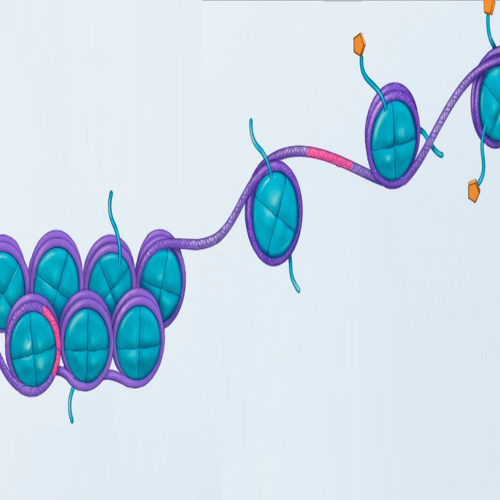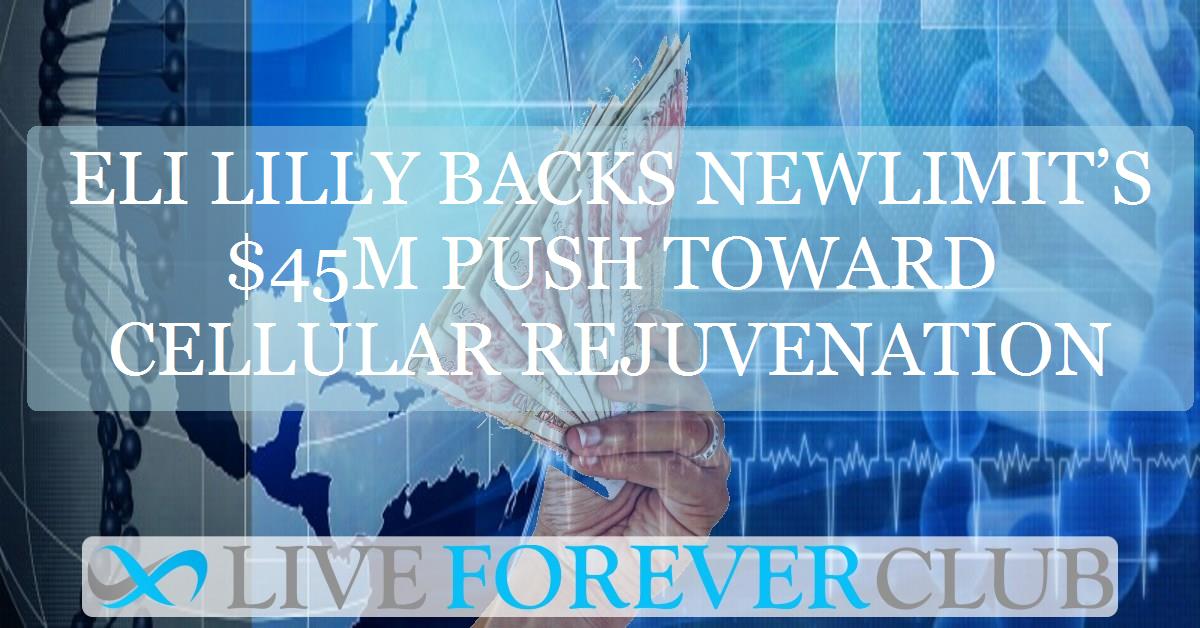Key points from article :
Longevity biotech company NewLimit has raised an additional $45 million from Eli Lilly, Duke University, S32, and others, bringing its valuation to $1.62 billion—double that of its previous round just five months ago. The funding follows what NewLimit calls “technical breakthroughs” that have brought it closer to human clinical studies. Founded to extend human healthspan by reversing the biology of aging, the company uses epigenetic reprogramming to restore youthful function to aged cells.
The epigenome, which controls which genes are active within a cell, deteriorates with age, leading to declining cellular function and disease vulnerability. NewLimit’s platform seeks to rejuvenate these epigenetic patterns, effectively turning back the cellular clock. According to co-founder and head of research Jacob Kimmel, advances in their lead program on liver rejuvenation have given the company confidence to start planning clinical trials in the next few years.
In preclinical studies, NewLimit’s technology has successfully restored youthful function to liver and immune cells. The team has identified transcription factor sets capable of rejuvenating hepatocytes and aged T cells, reviving immune activity seen in younger organisms. The latest update revealed two new prototype drugs effective in animal models of liver disease and multiple new transcription factor sets improving T-cell and hepatocyte function. The company is also testing whether reprogrammed cells gain resilience to stress and injury.
NewLimit is now expanding into vascular health, targeting endothelial cells that line blood vessels. These cells deteriorate with age, contributing to organ dysfunction and diseases such as cardiovascular and cognitive decline. The company’s initial vascular program aims to restore kidney endothelial integrity, improving overall tissue health.
With over $300 million in total funding, NewLimit stands among the most well-capitalized firms in the longevity biotechnology sector. Backed by major players like Eli Lilly, its next steps toward clinical testing will be closely watched as the company seeks to translate cellular rejuvenation science into real-world therapies.









